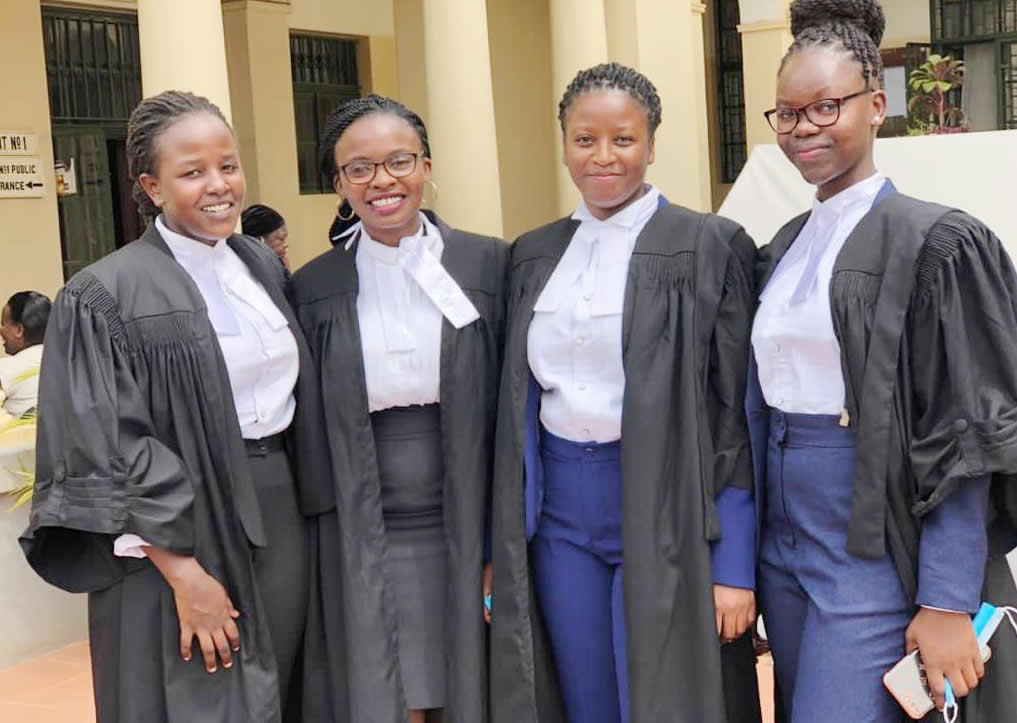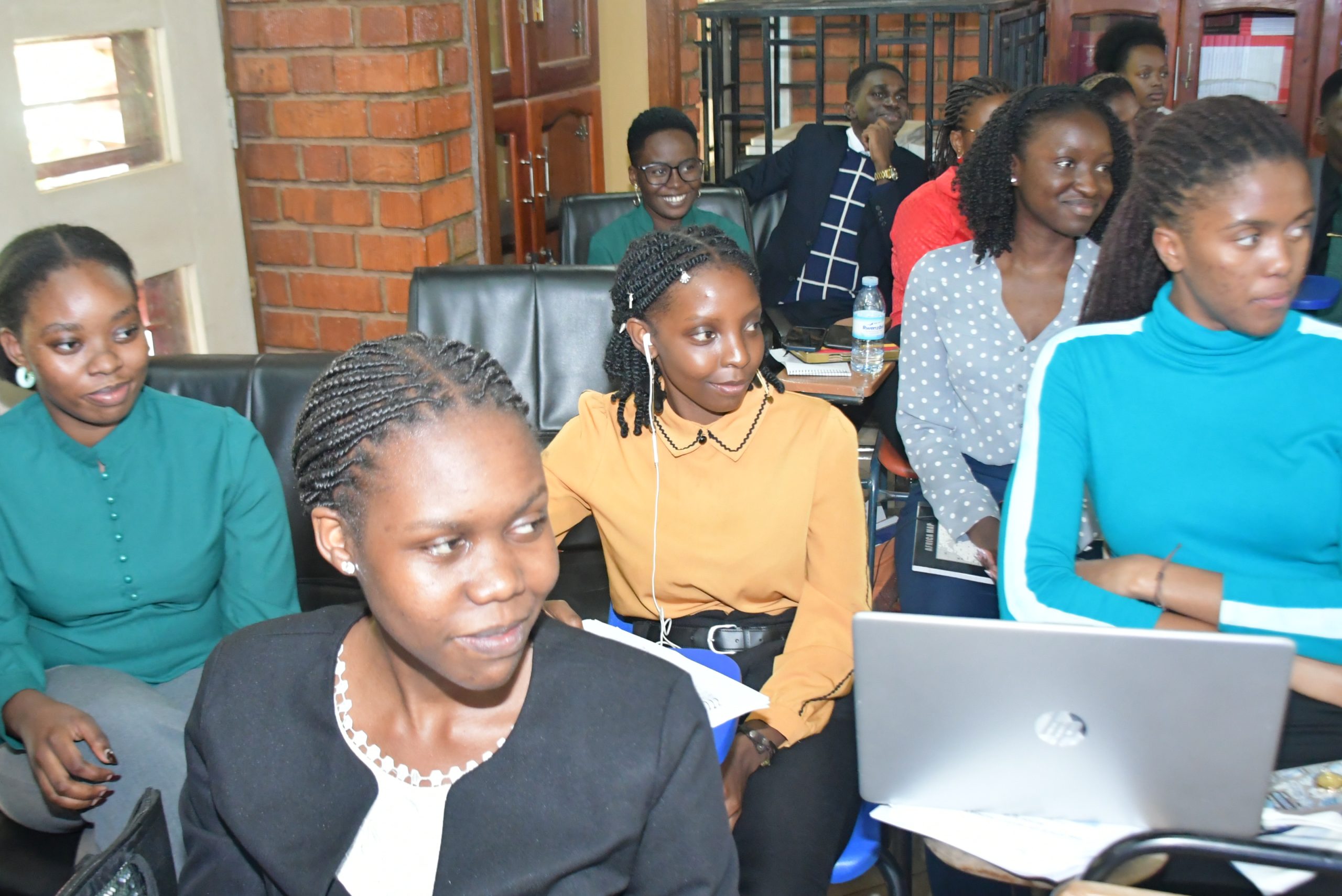The 1st Internal Disability Rights Moot Competition
On Friday 3rd November 2017, the School of Law held the first ever internal moot court on disability rights on the theme; Accessibility to services.The overall objective of the moot competition was to enhance disability rights awareness within the community at the School of law and the entire University community.
The moot entailed a hypothetical question drawn by members of the Disability rights project at the school of law and shared with the students. The students formed 4 teams of three members and argued their cases before a panel of judges in the preliminary round. The best two teams argued the case at the final stage.
The competing mooters were continually guided in the course of the moot in areas like composure, calmness, language usage and overall preparedness and research in the human rights systems and norms. The moot as an activity empowers young law students with practical skills to engage, present and argue human rights cases before competent national, regional and international human rights bodies/courts.
The best team was comprised of Kasibante David, Cheptoek Belinda and Twine Rehema. The best male oralist was Kaddu Jeffery while the best female oralist was Twine Rehema.
The principal school of law Dr. Christopher Mbazira commended the organizers of the moot as well as the school of law community that turned up. He said there was need to create such awareness among young lawyers in view of the rights of persons with disabilities to adequately prepare for the real life experiences in the world of work. He said the school of law is slowly but steadily addressing the challenges incapacitating the students with disabilities to study as well as other able bodied students.
The event was graced by some of the disabled alumni of the School of Law that included Kasule Isaac who was the first visually impaired law student in 1996 in the school of Law and Florence Ndagire equally visually impaired.
While sharing his experience as a pioneer visually impaired student, Isaac Kasule said after his admission, the School of Law and the entire University did not know how to handle him given that the law program demands a lot of reading. He said in order to cope with the challenges before him and to prove his worth, he had to design his own writing kit having become blind after learning how to write. This coupled with extra efforts and support from family and friends enabled him to prove himself capable of undertaking the law program where he even excelled becoming the best in the class.
The Disability Rights project in the School of Law has in the past oriented teaching staff and administrators on the issues of Disability with a view of changing their mindsets and outlook whenever faced with students with disabilities in the course of undertaking their work. It is also expected that the teaching of Disability Rights law will be taken on in the school of Law as stand-alone but also as mainstreamed into the current programs.



